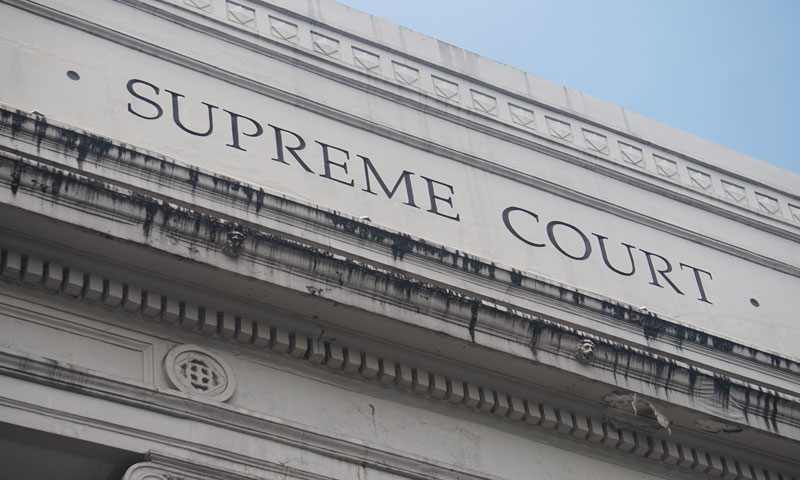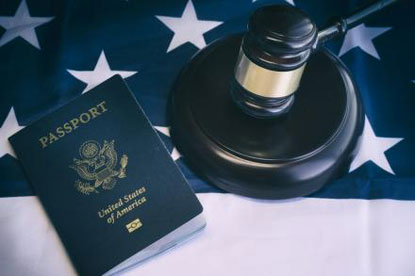
The United States Supreme Court has recently announced that it will hear two cases examining whether public officials are permitted to block individuals from their personal social media accounts when discussing their government roles. This issue has caused widespread debate, with some arguing that it violates the First Amendment, while others contend that it is within the public official’s rights.
The cases that the Supreme Court will hear involve two Southern California school board officials who blocked two frequent critics and a Michigan city manager who blocked a commenter who criticized the city’s COVID-19 response. The court will examine whether public officials who use personal social media accounts are acting in a public or private capacity and whether blocking users from these accounts violates the First Amendment.
One of the cases involves Michelle O’Connor-Ratcliff and T.J. Zane, who created Facebook and Twitter accounts to communicate about their campaigns and then their jobs on the Poway Unified School District’s board of trustees in California. The pair blocked parents Christopher and Kimberly Garnier, who were accused of spamming their posts “with repetitive comments and replies.” The 9th Circuit in San Francisco held that blocking the critics was a state action that violated the First Amendment.
The other case involves Port Huron, Michigan, city manager James Freed, who used his Facebook page to communicate about city programs, policies, and developmental initiatives. However, he also posted pictures of his family, his dog, and his home improvement projects, as well as passages of scripture. He blocked Kevin Lindke, who commented on a photo of the mayor ordering takeout, arguing that city residents were suffering while city leaders were eating at a “pricey” restaurant. The 6th Circuit at Cincinnati ruled that Freed was not performing a duty of his office and was not engaging in state action when he blocked Lindke and deleted his posts.
This issue is not new, as a similar case involving former President Donald Trump was brought to court after he blocked critics on Twitter. In July 2019, the 2nd U.S. Circuit Court of Appeals in New York held that Trump’s account served a public function and blocking critics was unconstitutional viewpoint discrimination. However, the Supreme Court vacated the decision after Trump left office and was blocked by Twitter, rendering the case moot.
The decision made by the Supreme Court in these cases will have far-reaching implications for public officials and their use of social media. If the court determines that blocking users from personal social media accounts violates the First Amendment, public officials must reconsider how they use social media to communicate with their constituents. On the other hand, if the court determines that public officials act in a private capacity when using personal social media accounts, they may be granted more leeway in how they interact with users on these platforms.
Overall, this issue raises important questions about the intersection of free speech and social media and the extent of public officials’ power when communicating through personal social media accounts. The decision made by the Supreme Court in these cases will be closely watched by legal experts and social media users alike, as it has the potential to impact how public officials engage with their constituents online in the years to come.














































